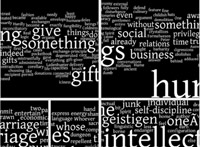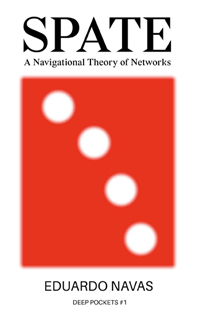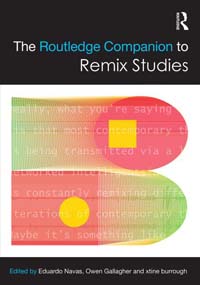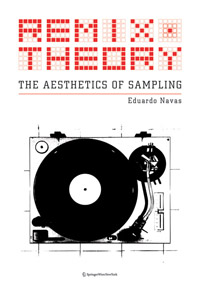Film Remix 2006
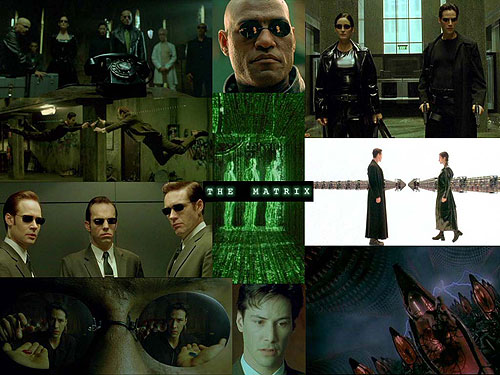
Note: Archived for the way the concept of Remix is used to reconsider film.
Image source: movieimage.tripod.com
Text source: freeculturenyu.org
The Project
The basic idea is to turn all of the footage from that one trilogy into a 5-8 minute short film. We will then screen your parody on the internet and in real life at the end of April of 2006.
Choosing “The Matrixâ€, one would take all three installments, The Matrix, The Matrix Reloaded, and The Matrix Revolutions and edit down that footage into a parody of the original, adding or removing elements (voiceovers, scenes, etc) as necessary. You could even use only one of the films of the trilogy– the point is that the original footage of The Matrix is being used to make a short parody out of it.
The key element here is that the short film you ultimately end up with must function as a parody of the original series. Parody is distinct from satire in that it alludes to and comments upon the work itself, rather than using the work to make some general statement about the world. Weird Al Yankovic’s “Amish Paradise†is a satire; “Baby Got Jack†is a parody. In order to see your work screened and widely disttributed, we urge you to create works that truly parody the original movies: make fun of the characters, the plots, the hyperbole, the visual style, etc. But do not, for example, make a short film from Harry Potter that makes a statement about the benefits of vegetarianism, or satirize Star Wars to comment upon our society’s disenfranchisement with astronomy.
What is the point of this project?
Part of Free Culture’s goals are to promote the notion of fair use. Fair use is codified in the Copyright Act of 1976 as an exception to the general rules of copyright; It states that “the fair use of a copyrighted work, including such use by reproduction in copies or phonorecords or by any other means specified by that section, for purposes such as criticism, comment, news reporting, teaching (including multiple copies for classroom use), scholarship, or research, is not an infringement of copyright.†It is this valuable exception that enables creators to reuse, rework, remix, re-whatever, other copyrighted work and not be held for infringement. Fair use is what allows journalists to use clips of films when reviewing them, it is what allows artists to make collages using different media, and so on. It is also what enables people to make parody films using original footage.
The Campbell v. Acuff-Rose Music, Inc case of 1994 set a legal precedent which established parody as a form of criticism, making parody one of the most explicitly protected forms of fair use. Still, there are media distributors who believe that even parodic use of copyrighted material is infringement. Free Culture believes that it goes against the nature of copyright, which was devised as an incentive system to produce more art and innovation, for copyright holders to use it as a weapon to stifle free, critical, and creative speech. Often, corporations and lawyers seek revenue opportunities through so-called “creative litigation†and extortion of artists and musicians for royalties and licensing of copyrighted work. We believe that the chilling effect produced by this constant threat of often frivolous litigation can only be counteracted by informing artists of the protections their fair use rights afford them, and then encouraging them to exploit those rights. If fair use dies, then so does part of the creative process for so many people.
This is then a project in promoting fair use. Think of each parody created as not only a work of art, but another justification for keeping fair use alive and well.
Lascia un commento
You must be logged in to post a comment.

